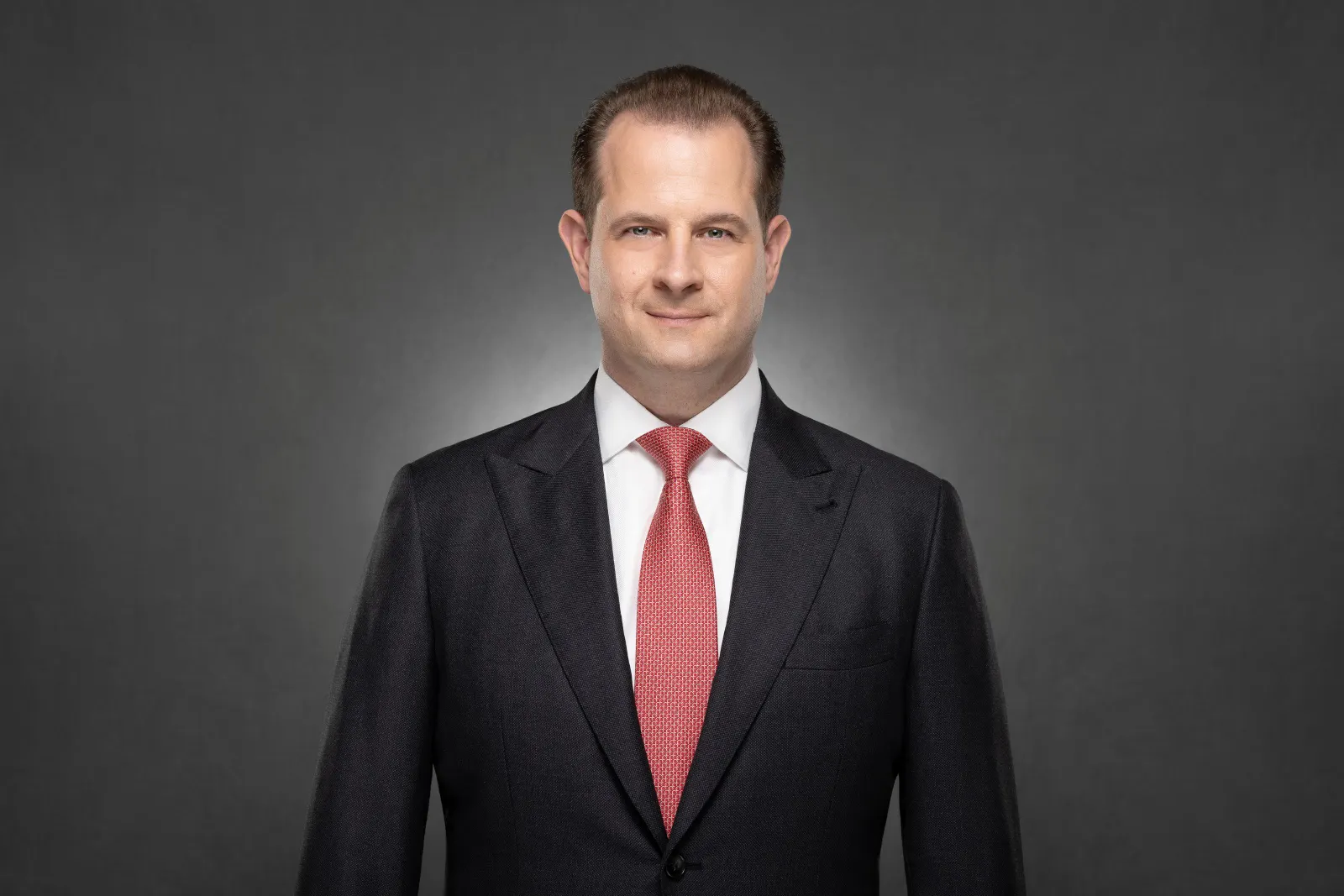Labor and staffing concerns ranked as the top challenge in a recent survey of municipal finance leaders, but budget and pensions worries were close behind.
Those findings come from investment bank and financial adviser HilltopSecurities’ survey of 1,000 public sector financial professionals across the United States.
Conducted from May to July, the survey is aimed at showing how municipal finance leaders are navigating a new environment that’s become “more complex and less forgiving,” Hilltop Securities officials said in the report, which was released Monday.
This is the firm’s second annual survey of public sector finance leaders. Notably, labor challenges ranked as the top challenge in the first survey, too. Tom Kozlik, Hilltop Securities’ head of public policy and municipal strategy, said he wasn’t surprised to see that issue rise to the top yet again. He pointed out that government entities often face tight competition for talent from the private sector.
And with several American cities grappling with credit downgrades and ballooning deficits, it may not be surprising that concerns about budget and pensions ranked second in this year’s survey. Chicago, for instance, faces a more than $1 billion shortfall, and it’s not alone: The Pew Charitable Trusts last month reported 20 of the nation’s 25 biggest cities have reported budget gaps for their 2026 fiscal year.
Kozlik said public entities are simply going through a “credit normalization process” after taking in a big influx of federal aid in the wake of COVID-19. That includes the 2021 American Rescue Plan Act, which allocated billions to state and local governments.

“Most, if not all, of that federal money has been spent down, or specified to be spent in a different area,” Kozlik said. “Public entities are going to have to come into what we call ‘structural balance.’ They’re going to have to balance their ongoing revenues and ongoing spending.”
But Kozlik added he doesn’t expect a “significant amount of fiscal stress” like in the early 2010s. “Pension stress isn’t as severe as it was in the previous decade, but budget uncertainty is an issue,” he said.
It’s also worth noting that HilltopSecurities’ survey extended beyond just city finance leaders. Though most survey respondents (77%) were finance leaders at cities, towns, counties or school districts, the rest worked for utilities, state governments, higher education institutions or other public-sector entities.
Meanwhile, HilltopSecurities’ survey also probed public finance leaders’ sentiments on technological shifts, including the rise of artificial intelligence and crypto. Respondents were essentially split on the former topic, with 55% saying they don’t use AI tools and 45% saying they do.
Feelings on cryptocurrency weren’t quite as ambiguous: Just 10% of respondents said they see crypto as a “viable investment option for public entities,” while 57% said the opposite. Just about a third (32%) were neutral on the topic.





